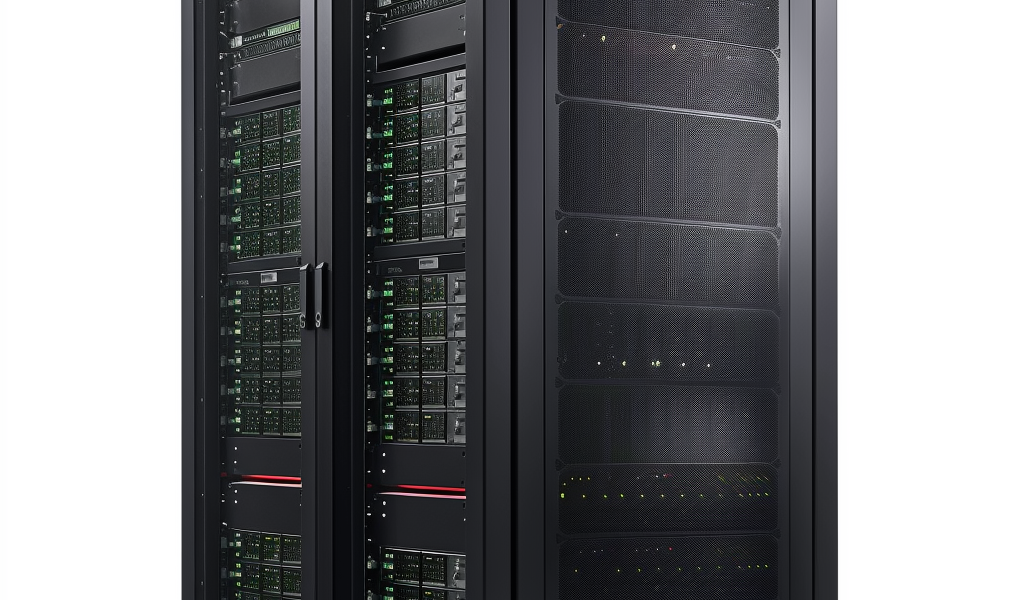Super Micro Computer, Inc. has recently introduced new high-density, efficient, and cost-optimized solutions powered by the AMD EPYC™ 4004 Series Processors. The company, known for being a Total IT Solution Provider for AI, Cloud, Storage, and 5G/Edge, unveiled the latest additions to its AMD based H13 generation of CPU Servers.
The new servers are optimized to offer a remarkable balance of performance and efficiency, thanks to the AMD EPYC 4004 Series processors. Super Micro Computer, Inc. showcased its innovative MicroCloud multi-node solution, capable of supporting up to ten nodes in a 3U form factor, making it an ideal choice for cloud-native workloads.
Charles Liang, the president and CEO of Super Micro Computer, Inc., highlighted the company’s commitment to providing innovative solutions that cater to a variety of applications. He emphasized that the new servers based on the AMD EPYC 4004 processor are designed to meet the needs of on-premises or cloud service providers who require a cost-effective solution in a compact form factor.
One of the key features of the new servers is their high-density design, allowing for 160 individual nodes in a single rack for cloud-native applications. This not only reduces the real estate needed but also contributes to lowering the total cost of ownership for data centers.
Super Micro Computer, Inc. is proud to be among the first to market with servers powered by AMD EPYC 4004 CPUs. These servers offer a wide range of solutions, including 1U, 2U, and Tower systems, as well as the new 3U multi-node MicroCloud enclosure. With the ability to accommodate 10 servers in just 3U of rack space, customers can significantly increase their computing density compared to traditional 1U rackmount servers.
The new 3U server not only provides unprecedented density but also offers optimized power and cooling through Super Micro Computer, Inc.’s modular design. Additionally, the servers support high-performance peripherals through PCIe 5.0 x8 add-on cards or a x16 full-height full-width GPU, making them suitable for various applications such as web hosting, cloud gaming, and content delivery networks.
These servers, powered by AMD EPYC 4004 CPUs, are an ideal platform for small to mid-sized businesses seeking powerful computing capabilities in a compact design. The AMD EPYC 4004 Processors extend the high-performance and energy-efficient ‘Zen4’ core architecture into new entry-level server system designs, offering performance and efficiency for a range of applications.





